One of my first luxury handbags was a stunning Prada hobo that I sat up until the wee hours nervously watching and bidding for on eBay. These days I indulge my vintage handbag habit on sites like The RealReal, which guarantees the authenticity of every bag their vendors put up for sale and offers a wide selection of vintage and on-trend items.
I’m not alone in my passion for consignment shopping. The sixth annual resale report from Thread Up says one in three shoppers made a purchase from a reseller. Millennial second-hand shoppers are on track to grow the resale market to an estimated $44 billion annually by 2022.
But our days of late-night shopping could be numbered. If you love shopping at any of the popular resale sites, you might want to grab that Old Celine or new Gucci at a price that won’t break the bank while you still can. The booming consignment market has attracted the attention of luxury brands famously concerned about discount pricing and counterfeit items diluting their prestige. Industry watchers and analysts predict it might not be long before your favorite brands launch their own resale consignment sites to get a piece of the lucrative resale market for themselves.
It’s easy to understand luxury’s sudden interest in resale. According to the Wall Street Journal, The RealReal sold $700 million worth of clothes, bags, jewelry, and shoes and the luxury houses definitely want a piece of that consumer pie. Designer-owned resale services would give high-end brands the ability to control prices as well as increase their claims of sustainability, a significant factor in the buying decisions of many millennial shoppers.
Authenticity is key to any successful resale venture. Shoppers are understandably hesitant to shop pre-owned luxury goods unless they can be assured that they are buying an original and not a fake. The RealReal promises that its detailed vetting process is much more involved than taking a few photos and uploading them to eBay. Potential consigners go through a complex authentication process to ensure the items are exactly what they claim to be before they can be sold on the site. Potential sellers send their goods to be evaluated, then merchandised, uploaded and eventually shipped to buyers.
Right now there are just a handful of luxury brands experimenting with their pre-owned ventures. The most notable is Stella McCartney, the only designer who has chosen to partner with The RealReal. Customers who consign their Stella McCartney items on the site receive a $100 gift card for the Stella McCartney store. McCartney says the collaboration with The RealReal is part of her commitment to sustainability and the “circular economy” that is a cornerstone of her brand. The brand’s commitment to sustainability won’t change with her new affiliation with LVMH. CEO Bernard Arnault said in a statement that McCartney’s prominent role as a sustainability ambassador echoes LVMH’s commitment as well. (LVMH also owns Louis Vuitton, Christian Dior, Fendi, Loewe, Marc Jacobs, and Celine, among other luxury brands.)
While many designers wait to see if and how LVMH brands approach the resale market, a handful of designers are working out solutions of their own. For example, Eileen Fisher, the popular sportswear designer, launched Eileen Fisher Renew. Customers may return used items in any condition for a small store credit per item. The used items are cleaned and refurbished for resale in the renew store. Clothes that are literally beyond repair are refashioned into pillows, wall hangings, and one-of-a-kind artwork.
Even if the top luxury labels take back only a fraction of their items in circulation and encourage returns with rebates and discounts, it could still make those items much harder to find on resale sites. Louis Vuitton, Gucci, and Chanel alone are responsible for 16% of the total resale handbag listings according to the WSJ.
Not all brands considering their own pre-owned sites are motivated by a need to save the planet. Chanel, for example is currently engaged in battles with resale sites they claim are knowingly selling counterfeit bags and do not have the authorization nor the skills to authenticate Chanel items. In November 2018, Chanel filed a biting lawsuit against The RealReal for selling what it alleges were seven counterfeit handbags. The iconic French fashion house argues that the reseller “attempted to deceive customers into falsely believing that The RealReal has some kind of approval from or in association with Chanel.” In reply, The RealReal said “Chanel’s lawsuit is nothing more than an alarmingly thuggish effort to stop consumers from reselling their authentic used goods, and to prevent customers from buying those goods at discounted prices. They are trying to stop the circular economy.”
The case is still pending, but regardless of the outcome, Chanel may have been able to convince some customers and remind others that the only way to know if you have a genuine Chanel bag—new or used—is to purchase it directly from Chanel.
While some luxury brands nibble at the edges of the resale market and Chanel continues its fight in court, consignment sites will continue to be an option for many consumers for a variety of style, budget and environmental reasons. However in a fast moving retail landscape, our consignment options could change quicker than you can say “add to cart.”

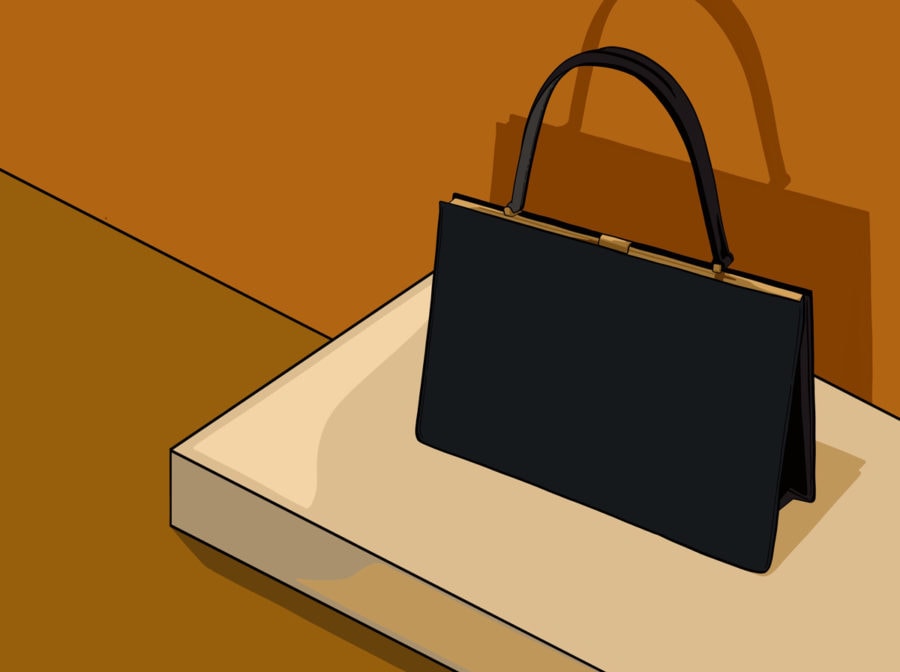

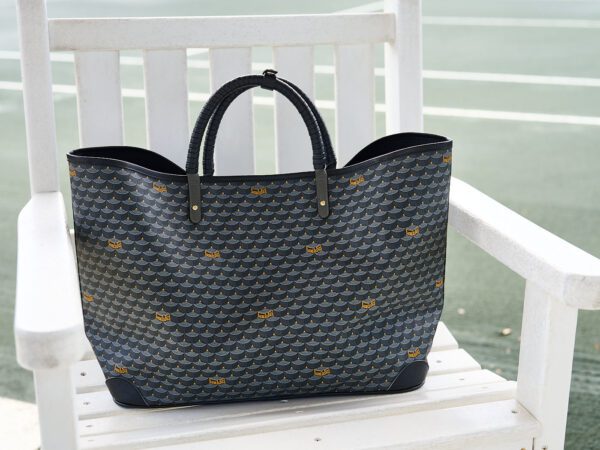
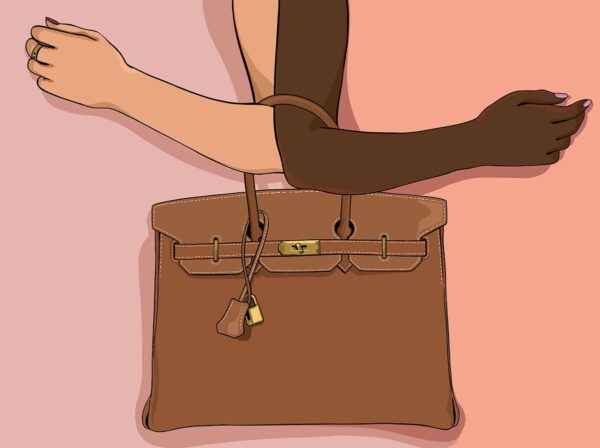
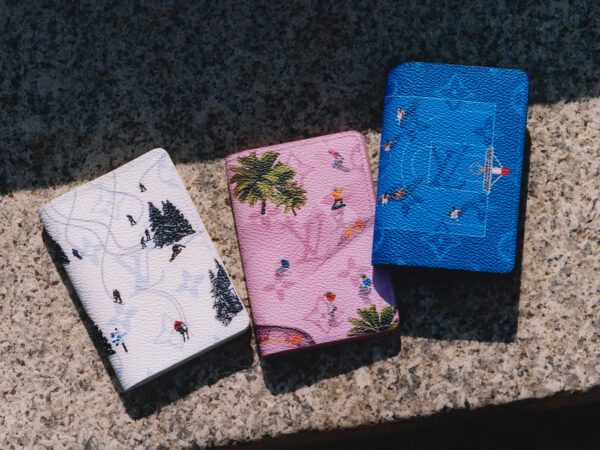
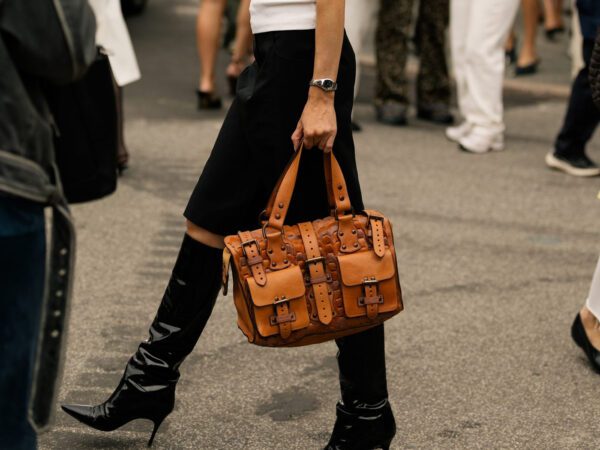
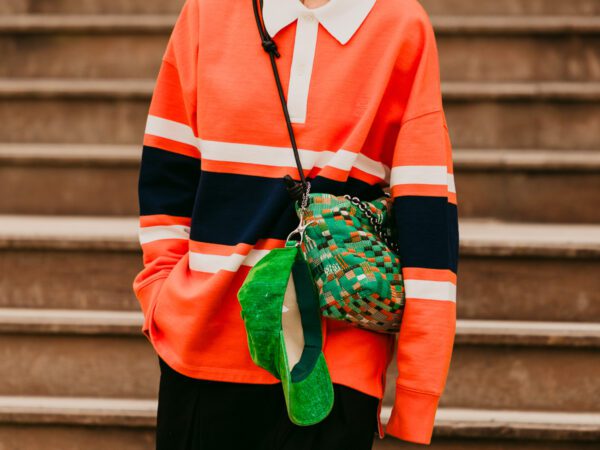

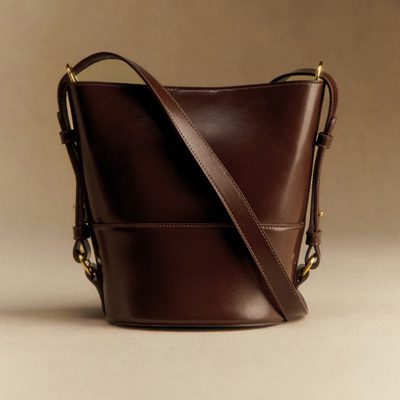
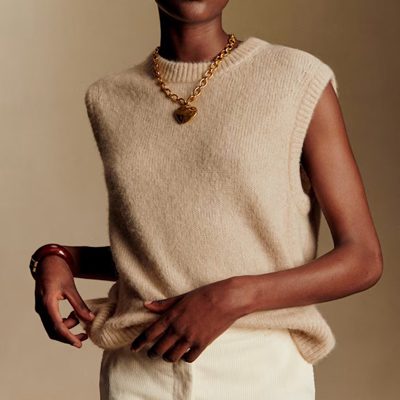
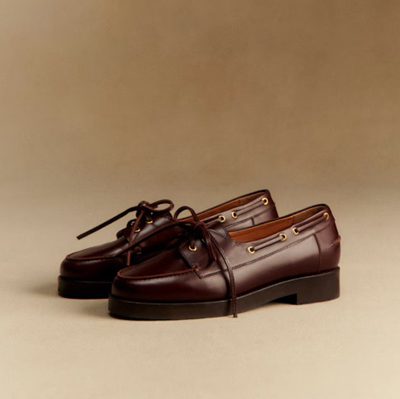
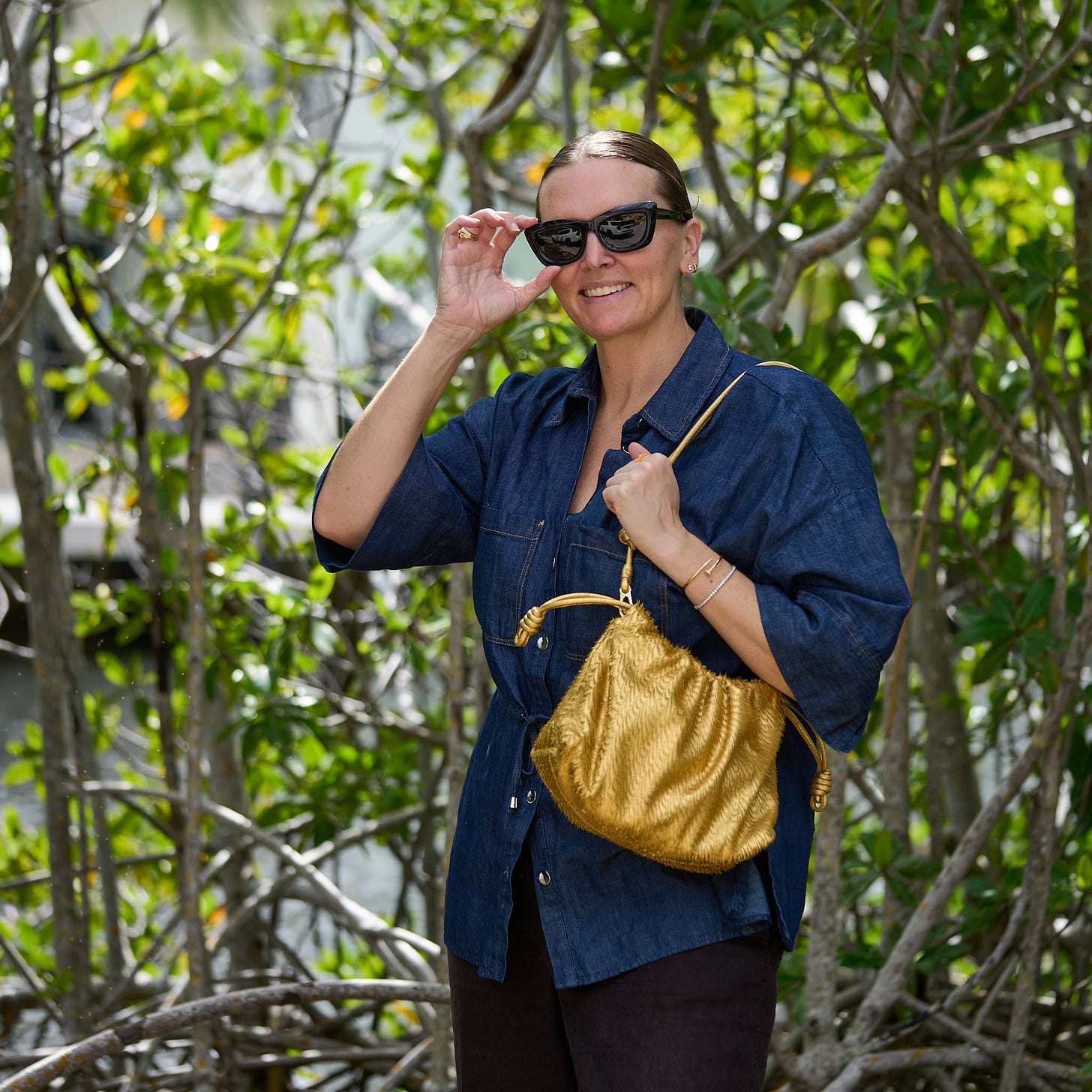

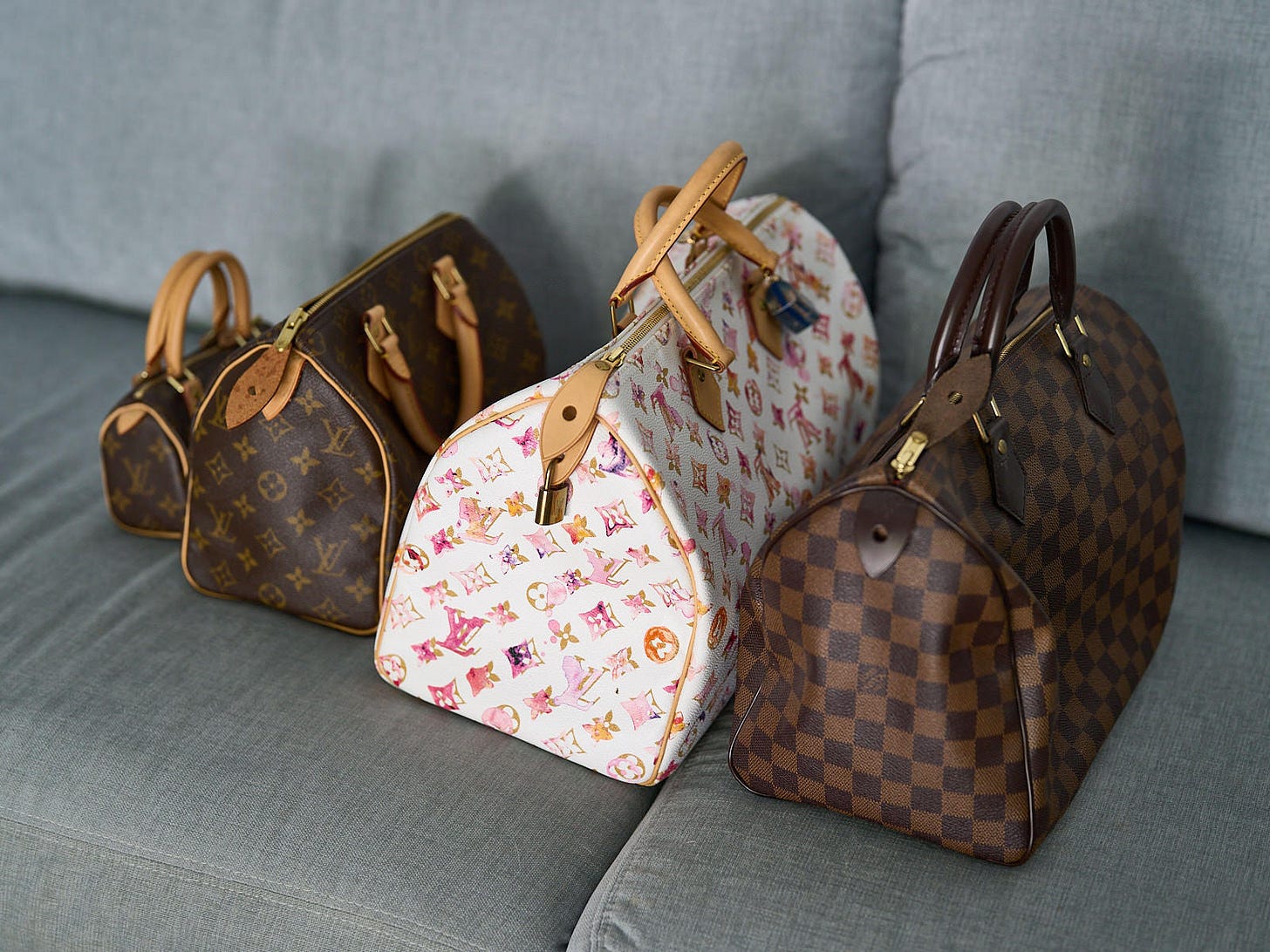

Good news to me. I’m looking forward to the future of this concept. To my knowledge, not one of my preloved bags is a counterfeit. But I have seen some cracking reproductions. The Damier Ebene is easy to copy by simply leaving off the LV/Paris logo. I don’t buy into all the hype about counterfeiters supporting terrorism, but feel sure the workers are working at poverty wage rates. When you give your bag to a generic reseller you don’t get anywhere close to what’s it’s really worth – I’d rather get a handsome credit towards a new edition. And… I’m sick unto death of others snatching up the Limited Editions only to resell at double and even triple the original price. Bring it on – the sooner the better
Interesting topic! It would be nice to go into a boutique and have the option of buying a new bag or gently used one. I’m all about sustainability either way:)
Be interesting to see how this affects the conversation about whether handbags are an investment. If you are prohibited from selling your Classic Flap on the second-hand market, but instead have to consign it with Chanel & take a 50% loss when it sells — I could see that making the initial purchase less attractive to some buyers. If there’s even more of a guarantee you won’t get close to your $$$ back if you do resell, the risk is much higher.
I would be very curious to see how they could possibly enforce any of these contracts, especially on an international scale. If the vendors get what they want, then in essence you aren’t buying an item, you’re renting it with a potential deposit return determined by the brand and subject to change at their will. If authentication and putting a halt to counterfeits is their mission (which I do not believe for one minute), there are many other things they can do besides slapping contractual shackles onto bag purchasers.
Good point. I agree, the mission statement is getting a piece of the market. But if you’re reselling your bags to the consigners, (for a pitiful price) isn’t that the same as a type of rental? I’ve never sold my bags, I’m curious how much the original purchasers keep and what amount of commission the resellers obtain. The designers would have to be very competitive to put a dent in their business
You don’t have to deal only with resellers. You can sell your bag privately. Where I live there’s a closed FB “glamour” buy and sell page where people directly sell their designer items for whatever price they can get and they keep every penny. And with independent resellers, you choose which one to deal with. Not offered a decent price? Find another. I don’t like the taking away of choice. It also sets up other issues…suppose the owner of the bag dies, why should the heirs stick to the contract — if they even know about it. If brands want to offer optional reselling, that sounds like a perfectly sensible practice. Luxury car dealers sell both new and used. Jewelers have both new and estate jewelry departments. It’s the idea that purchasers would be required to sell through the original brand that I object to. Although, TBH, I don’t think that will happen, at least not in their bricks and mortar stores where it’s all about display and breathing that rarefied new luxury goods air. They’d probably do their reselling online only.
I thought about private sellers reading the article, as well — that is the type of sale that I imagine would be hardest for a brand to police, even assuming they really want to. I can see lawsuits like the Chanel v. Real Real one scaring off some market-places (like dedicated luxury reselling websites) — but its hard to imagine a brand concocting a method for reaching into a private Facebook group & dictating how sales there get handled. At least not without scaring off customers by asking them to sign draconian contracts at the time of sale that would subject them (the customer) to harsh legal penalties. And, like, who wants to risk being sued over buying a bag?
I agree that making it optional is the way to go.
Maybe that’s why the big FB Chanel group is gone…Chanel had it taken down?
As a consumer, I really don’t have a desire to purchase a used Chanel bag from Chanel. I have a feeling that the prices would be pretty close to retail. Also, I like to comparison shop. If I can get a better deal somewhere else, that’s where I’m doing my purchasing.
I would also like to know how they are going to control this with huge marketplaces like eBay and Amazon.
This is all just shady and off-putting. I refuse to give someone control on what I do with what I buy with my money. Signing a contract like that is ridiculous.
That’s my worry too – the prices might similarly obscene and greedy as pre-owned Farfetch’s proposition. I’m not sure who’s buying there.
Once a bag is purchased it becomes the sole property of the purchaser. The brand has no say in the bag and I have no say in the money I paid them. The “contract” is the purchase of the bag and the acceptance of money and the “contract” is sealed. If a brand tries to impose restrictions on “my property” in court, good luck to them. The original owner or brand has no further ownership rights once the bag is purchased.
If brands want to sue big companies, such as The Real Real, for a piece of the pie that’s a different scenario. It would be too costly for brands to go after each and every consumer so they go after the “big dogs”. I don’t know if Chanel’s sales are falling and to sustain themselves they go after resellers, but every time I go into a Chanel boutique its empty.
Well, Chanel should have thought about that before it started selling lesser-quality bags at higher prices and refusing to refurbish bags after they’re so many years old. Sorry Chanel. Your loss.
I have felt for years that Chanel was going to hurt their business and your comments explain exactly why. And I agree with the other poster too, the boutique (I only walk by it, not IN it) is much emptier than I it used to be.
Am I missing something? Some of the comments here say the brands intend to PREVENT you from selling your bag. That’s not what the article says. It says if brands open a used goods channel they’ll set prices. So what? You can still set your price for your goods.
The Chanel lawsuit touched on above says they sued RealReal for 1) KNOWINGLY selling fakes and 2) insinuating they are associated with or sanctioned by Chanel to authenticate bags. Both are legitimate grounds for Chanel to challenge them.
I’ve also read many posts on PB from women who were sold fakes through RealReal.
I think that comes from the somewhat ominous tone of the last paragraph of the post: “‘…consignment sites will continue to be an option for many consumers for a variety of style, budget and environmental reasons. However in a fast moving retail landscape, our consignment options could change quicker than you can say ‘add to cart.’ ” You can interpret that as either brands will start to do their own re-selling OR brands will try to keep you from using independent resellers.
Got it. Thank you!
It boggles my mind that global luxury brands haven’t tried to sell their own used products. It’s not that I don’t want to support my friends in the luxury resale business, I’m just genuinely confused why global luxury brands haven’t tried it yet.
This feels like a missed business opportunity for these global brands. The resale industry is huge. The global resale market is valued at $24 Billion and growing, according to ThredUp’s 2019 Resale Report. Resale is growing 21x faster than retail. In 2019 alone, Neiman Marcus invested in Fashionphile, The RealReal filed for IPO, and Rebag raised $25 Million.
So, hello, it’s apparent that there’s a market for used Louis Vuitton bags and vintage Chanel flap bags. If those items came directly from Louis Vuitton (LVMH) or Kering or Chanel themselves, wouldn’t a customer feel even more confident in the product they’re buying? It could come from a brand that LVMH owns–like a boutique inside Le Bon Marche or on 24s.com. You can buy a certified pre-owned directly from Bentley, but not a certified pre-owned Louis Vuitton?
I know there’s an issue with the concept of USED LUXURY–resale takes away the exclusivity and ‘shininess’ of the brands–but that’s the reality of the world we live in.
I would be interested to see how it would play out.
Maybe Louis Vuitton could start by taking donations of vintage items or buying back used pieces. Louis Vuitton employs a traveling team to source vintage Louis Vuitton trunks from all over the world as a part of their archival program, so why not do it for their leather goods as well?
If an item can’t be resold in its current condition, an item could be made into something else or taken apart to use in another item. Vintage and deadstock (fabric that has never been purchased by a customer) could be upcycled to create something new and bespoke.
Like the Hermes Petit H line. The Hermes Petit H uses scraps and recycled materials to create one-off designs that are sold. “Repair is recreation,” their website boasts, as they sell quirky shapes leather bag charms (made from Hermes Birkin scraps) with silk twill cords (made from scarf scraps). Even the smallest pieces of leather find a purpose, sent to whichever production site, sector or partner can turn them into something of value.
Or hell, they could just invest in one of the existing resellers that are killing it and let them figure it out.
I think the problem with that, however perfect, is why buy one new luxury item while on vacation when you could buy 2 or even 3 pre-owned items at the same venue. It would hurt the market of new goods. What might work is a “buy back” policy where you get 50% cash back on a great bag, or 65% credit to a new bag. They could then break down the old bag and recycle and refurbish them.
“…You can buy a certified pre-owned directly from Bentley, but not a certified pre-owned Louis Vuitton?” This. Right. Here. All things being equal, and of course, price-dependent, I’d feel more confident purchasing a pre-owned bag from the original manufacturer. Thanks for the well-thought out commentary.
Sorry for the long read… I obviously think about this a lot.
Actually, I really enjoyed reading your post! It was very informational!
Chanel is such a snob, it won’t deal with used bags. The margins for new bags are huge, why lose it?
This site has taken a nose dive decline in quality.
I used to look forward to it every day because I love bags and I love to discover what’s new and relevant.
Not the case. I hate the purse confessions BD, I hate that it’s celebrity fashion show and I hate that it’s a repetition of Hermes and Chanel over and over. Not to mention the posts are meager and nothing new is featured for days.
I literally log on to disappointment every day
I dislike the purse confessionals too. They are boring and becoming repetitive.
We have new posts every weekday, at least 2 posts per day.
What type of posts are you hoping to see?
Like Ticketmaster and StubHub? Ugh. No thank you.
What a bunch of greedy bastards. They have some nerve.
And not a leg to stand on. Once that item is out of the store, they have no further claim to it.
Imagine if this was true for clothes. I’d have to sell a Ralph Lauren evening dress back through Ralph Lauren!’. Chaos would ensue if this became a thing..where manufacturers went after resellers.